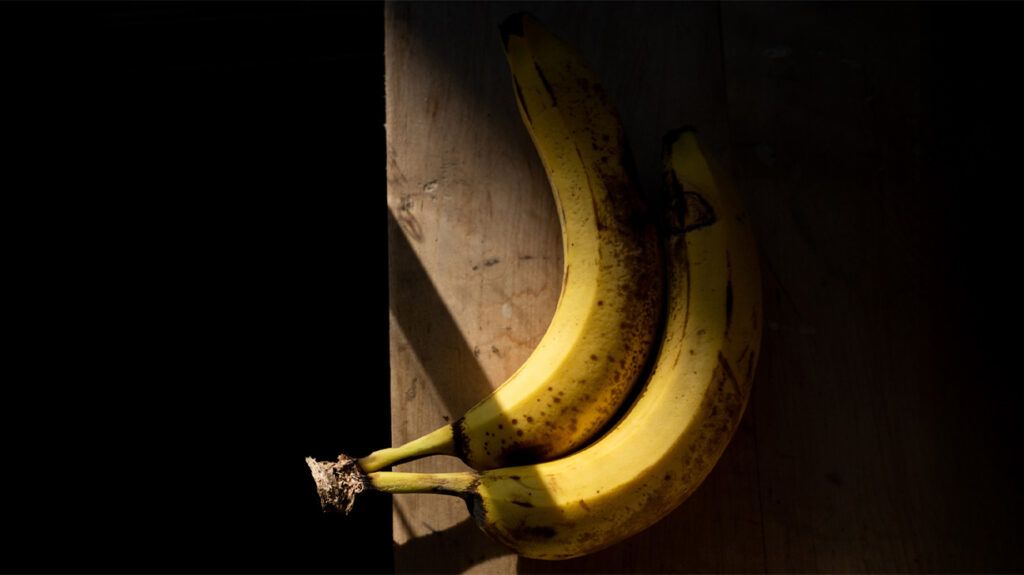Eating More Potassium and Less Salt: A Key Strategy for Blood Pressure Management

# Eating More Potassium and Less Salt: A Key Strategy for Blood Pressure Management

High blood pressure, or hypertension, affects over 1.2 billion adults worldwide and increases the risk of cardiovascular diseases like stroke, heart attack, kidney disease, dementia, and hypertensive retinopathy. While reducing salt intake is a common recommendation, recent research suggests that increasing dietary potassium may be even more effective.
A new study published in the *American Journal of Physiology-Renal Physiology* highlights that a higher ratio of potassium to sodium in the diet can lower blood pressure more effectively than salt reduction alone. Researchers used gender-specific models to understand how balancing electrolytes impacts various body systems, including the kidneys, cardiovascular, gastrointestinal, and nervous systems.
Dr. Anita Layton from the University of Waterloo emphasizes that our modern diet has drastically shifted from our ancestors, with much higher sodium and lower potassium levels. She states, "Encouraging the kidneys to excrete more sodium through increased potassium intake could have a significant effect on blood pressure."
The study further found that, especially in men, increasing potassium intake helps the kidneys excrete more sodium, contributing to blood pressure reduction. Layton suggests that future research should explore these effects in older populations, who are more prone to hypertension.
Experts like Dr. Cheng-Han Chen of MemorialCare highlight that dietary modifications—adding potassium-rich foods like bananas and broccoli while reducing sodium—are practical and impactful strategies for lowering blood pressure.
For those looking to boost potassium intake, dietitian Monique Richard recommends diversifying sources beyond bananas to lentils, potatoes, tomatoes, leafy greens, and foods rich in nitrates such as beets. She also advises reading labels carefully to manage sodium intake and working with healthcare professionals to optimize dietary balance.
In summary, increasing your intake of potassium-rich foods and reducing sodium consumption can be a powerful, natural way to manage hypertension and improve overall cardiovascular health.
Stay Updated with Mia's Feed
Get the latest health & wellness insights delivered straight to your inbox.
Related Articles
Updated Global Dietary Guidelines Advocate for More Plant-Based Foods and Reduced Meat Consumption
Recent global dietary guidelines highlight the benefits of increasing plant-based foods and reducing meat consumption to improve health and protect the environment.
Enhance Your Digestion Naturally with Five Effective Herbs and Spices
Discover five natural herbs and spices, including peppermint, chamomile, and fennel, that can support digestion and soothe common gastrointestinal issues, backed by scientific research.
Study Finds Variations in Muscle Growth Based on Type of High-Protein Animal Foods Consumed
A recent study reveals that the type and processing of high-protein animal foods significantly influence muscle-building after weight training, emphasizing the benefits of lean, unprocessed meats for optimal muscle synthesis.
The 'Mind' Diet Promotes Cognitive Health: Essential Foods for Brain Longevity
Discover how the 'Mind' diet promotes brain health by emphasizing nutrient-rich foods like leafy greens, berries, and healthy fats. Learn practical tips to boost your cognitive longevity today.



